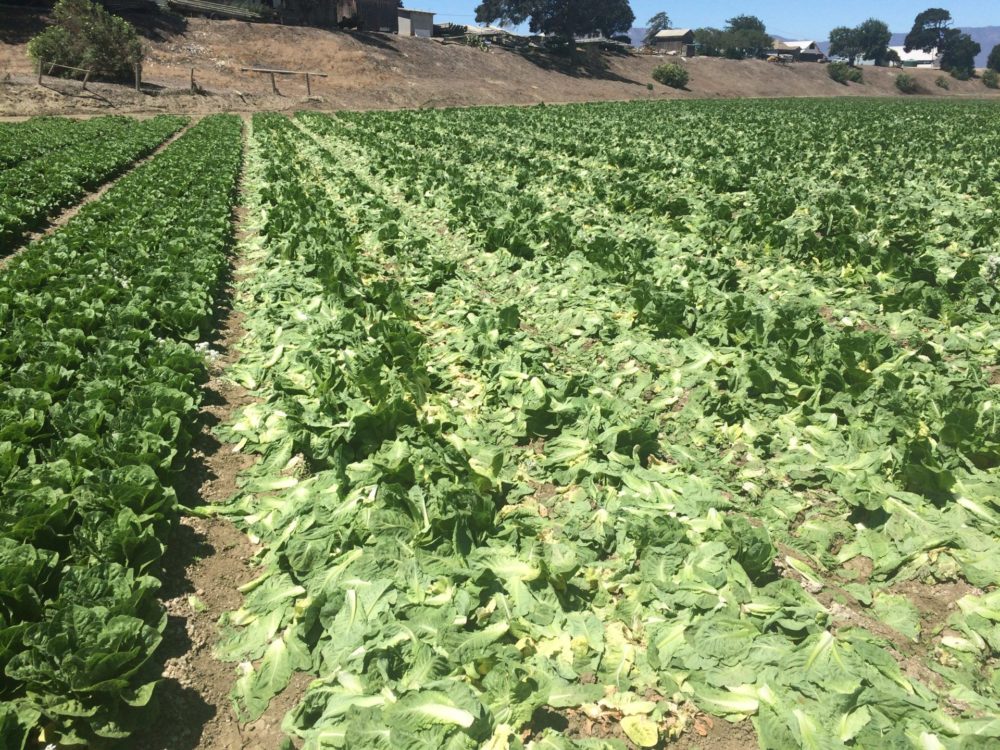For years, general consensus agreed the bulk of food waste in developed countries happened at the consumer-facing end of the value chain: in restaurants, retail outlets, and inside people’s homes. More recent data suggests otherwise. According to a 2021 report from the World Wildlife Fund and Tesco, 1.2 billion tons of surplus food is wasted on the farm each year – significantly more than the 931 million tons of food wasted annually at consumer levels.
“Globally, [it’s] confirmed that over 25% of all edible produce doesn’t even leave the farm,” Christine Moseley, founder and CEO of US startup Full Harvest, tells AFN.
It’s this quarter of the market that Moseley’s company aims to capture through its B2B online marketplace for surplus and imperfect foods.
Full Harvest raised a $23 million Series B round led by Telus Ventures at the very end of 2021. A big chunk of this capital will go towards equipping the platform with enhanced data insights around produce availability, pricing, quality, and forecasting, to help companies bring their supply chains online and offer sellers and buyers more opportunities to move surplus produce.
In addition to Telus Ventures, which is the strategic investment arm of Canadian telco Telus, new investors Rethink Impact, Citi Impact, Doon Capital, Stardust Equity, and Portfolia Food & AgTech Fund participated in the Series B round – along with existing investors Spark Capital, Cultivian Sandbox, Astia Fund, and Radicle Growth.
Full Harvest connects those selling surplus or imperfect food with buyers, and automates the end-to-end logistical process of searching, selling, purchasing, and managing an order. Among the San Francisco-based platform’s customers are major food and beverage companies, processors, and growers including Danone North America, Health-Ade, SVZ, Tanimura & Antle, Church Brothers, and Deardorff Farms.
Moseley says it’s about giving customers “the data of what’s going on in terms of trends and market insights [so] they can start doing better planning, forecasting, [and] planting in a proactive way.”
Up to now, she says, an efficient way to do this hasn’t existed – at least not in a simple, digital format that was easily accessible to all.
“We heard stories of farmers looking at [restaurant booking platform] OpenTable for data,” says Moseley, adding that PDFs, phone books, and anonymous leads lists were a few other “sources” through which growers and food producers were attempting to find opportunities for surplus food. “In today’s age, we have the tools with technology to solve for that.”
There is also a chance for farmers to increase their revenue by using Full Harvest’s system.
“The opportunity here is for farmers to go from making $0, or perhaps even losing money because they need to pay to dispose of [the food], to all of a sudden turning this into a revenue opportunity,” says Jay Crone, an investment director at Telus Ventures. He adds that on the buyer side of this equation, there is “a whole world” of those that want surplus produce and can’t get it today because there’s no simple way to access it.
Crone has joined the board of Full Harvest and will work with its executive team to expand the marketplace and connect it to Telus’ network of produce farms, consumer goods companies, and other agtech platforms.
He says that on top of reducing food waste and providing revenue for farmers, Full Harvest presents “an amazing data opportunity” because it can “collect all the data throughout that whole transaction, which you can use to make those marginal but important improvements as food is going through the supply chain from the farm to the end user.”
Moseley adds: “We need to get this data in the hands of people to help speed up the efficiency and the sustainability […] If people knew more about what was being wasted and people knew more about what opportunities are out there, there would be more innovation.”





